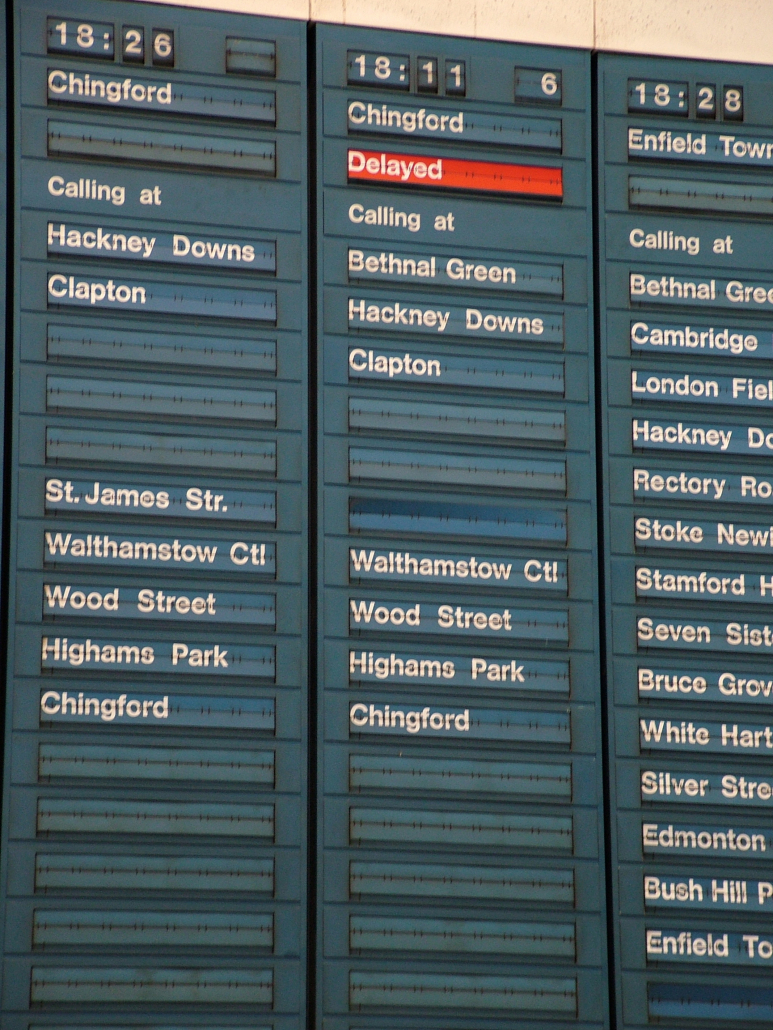Challenging a Will – Undue Influence
When a loved one dies it will understandably be a difficult time. However, things can be even more difficult if it transpires that the deceased has left their estate to someone unexpected, such as their carer rather than family members. In such situations there may be suspicions that the deceased was pressured into leaving their estate in such a way. The legal term for this is ‘undue influence’.
As the name suggests, undue influence is where a testator (the person making the Will) is influenced in a way that is not appropriate and generally there must be a level of coercion. A very old case made this clear by stating:
‘To be undue influence in the eye of the law there must be – to sum it up in a word – coercion…’
However, under English law individuals have the right to make their Will leaving their estate to whomever they wish. Therefore just because a parent has not left their estate to their children does necessarily not mean that there has been undue influence.
Instead, an individual wishing to challenge a Will on the basis of undue influence must prove that:
- the defendant was in a position to exercise influence;
- the defendant did exercise influence over the testator;
- the influence was undue;
- the undue influence was exercised in relation to the Will in dispute;
- it was by means of the exercise of that undue influence that the disputed Will came to be drawn up.
Therefore claims on the basis of undue influence are difficult to prove because the above must be established. Further, the fact that the testator has passed away makes proving undue influence doubly difficult because they are no longer alive to provide their reasons as to why they left their estate as they did.
The process of establishing undue influence can be complicated and lengthy. Here at Waller Needham & Green we have experts in contentious probate matters who have experience of dealing with cases:
- in the local County Court;
- in the High Court;
- through Alternative Dispute Resolution (ADR);
- through Mediation.
We have dealt with cases in Peterborough, London as well as those with an international element. We can therefore guide you through the process wherever you are based. For more information or advice please contact Nick Robertshaw from our Dispute Resolution department on 01733 262182 or bretton@wngsolicitors.co.uk









